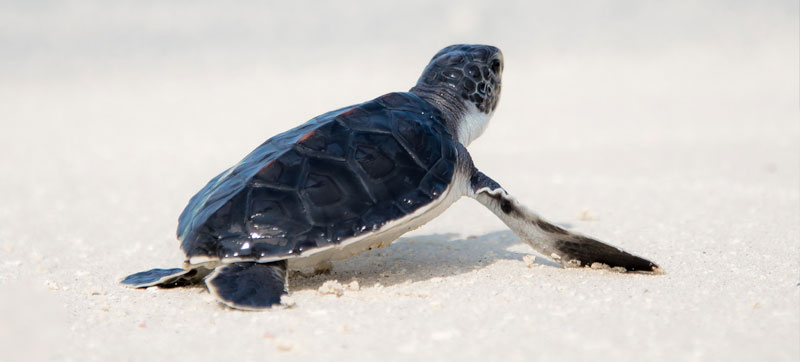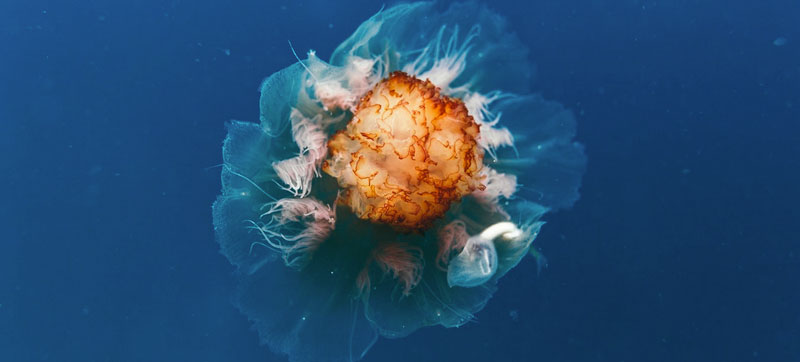Data, data everywhere…the recommendation of every scientist is to collect more data. There are vast compendia, most everything caught up in a colossal search engine for information to fuel the even more demanding requirements of artificial intelligence which we will rely on more and more for how the future works, decisions are made, problems are solved, students are taught, and services are delivered. Our world has become a huge data sink with the intent to observe everything there is to see, to know everything there is to know, whether or not we can understand it.
Thus we have efforts to assemble a definitive record of our existence: material culture in museums and historical societies; documents and visualizations in libraries and archives; seeds and genomes in protected underground shelters; and penultimately, in a database called The Catalogue of Life, a digital community of users based in The Netherlands, defined on its website as follows:
“The Catalogue of Life is the most comprehensive and authoritative global index of species currently available. It consists of a single integrated species checklist and taxonomic hierarchy. The Catalogue holds essential information on the names, relationships and distributions of over 1.6 millions species.”

The justification for this endeavor reads as follows: “The loss and degradation of biodiversity are vital concerns for humanity. There is currently no single, universal and complete reference to what species we think are alive today. Without this we cannot sustainably use, explore, monitor, manage and protect biodiversity resources… The Catalogue of Life depends upon the contributions of more than 150 Global Species Databases, established at centers of expertise around the world, that continue to identify new data sources that address gaps…” So, what we have here is a database of data bases, everything we know about life on earth in every form everywhere in every time and place.
There is an ironic calculation embedded in this process. We add to our count of species by consolidated records and new research and discoveries, and we subtract our count by the disappearance of species at a disconcerting rate as a result of conditions created by the human species detrimental, terminally, to some others. Beyond toxins and other poisonous conditions for habitat, climate change is an additional major consideration as temperature, circulation, and other shifting conditions attack the distribution and survivability of species on land and sea.
Data collection in the ocean is growing exponentially through fixed and floating observations systems, underwater vehicles, research vessels, satellite analyses, and redirection of scientific interest from terrestrial to marine environments worldwide. Initiatives in the US, Europe, and Asia are receiving large investments by governments, non-governmental organizations, and private capital. It is as if the old frontier is either polluted or already known, and the research energy must shift to a new horizon where knowledge awaits, that is if you can see through the chemicals dumped, oil spilled, persistent organic pollutants circulated, de-oxygenating nitrogen concentrated, waste and plastic discarded, reefs and coastal nurseries despoiled, and all the other negative conditions now so evident in an ocean that no longer can be expected to infinitely heal itself.
Despite all this, the ocean and its nurturing watershed remains our planet’s most astonishing catalogue of life. If we are to know it, we must preserve it. And, to paraphrase what Jacques Cousteau so famously said, “If we are to sustain it, we must love it and act to protect it.” Yes, let’s collect the data as if that knowledge might be lost to memory, but yes, also, let’s join every political and social action locally, nationally, and internationally to restrict and re-order how we engage with the ocean and with that living data that is our inevitable sustenance for the future. Let’s collect what we know; let’s put our knowledge to use.
Citizens of the Ocean, unite!
PETER NEILL is founder and director of the W2O and is author of The Once and Future Ocean: Notes Toward a New Hydraulic Society. He is also the host of World Ocean Radio upon which this blog is inspired.
About the Catalogue of Life
The Catalogue of Life is an online database that provides the world’s most comprehensive and authoritative index of known species of animals, plants, fungi and micro-organisms. It was created in 2001 as a partnership between the global Species 2000 and the American Integrated Taxonomic Information System. Learn more at catalogueoflife.org.



